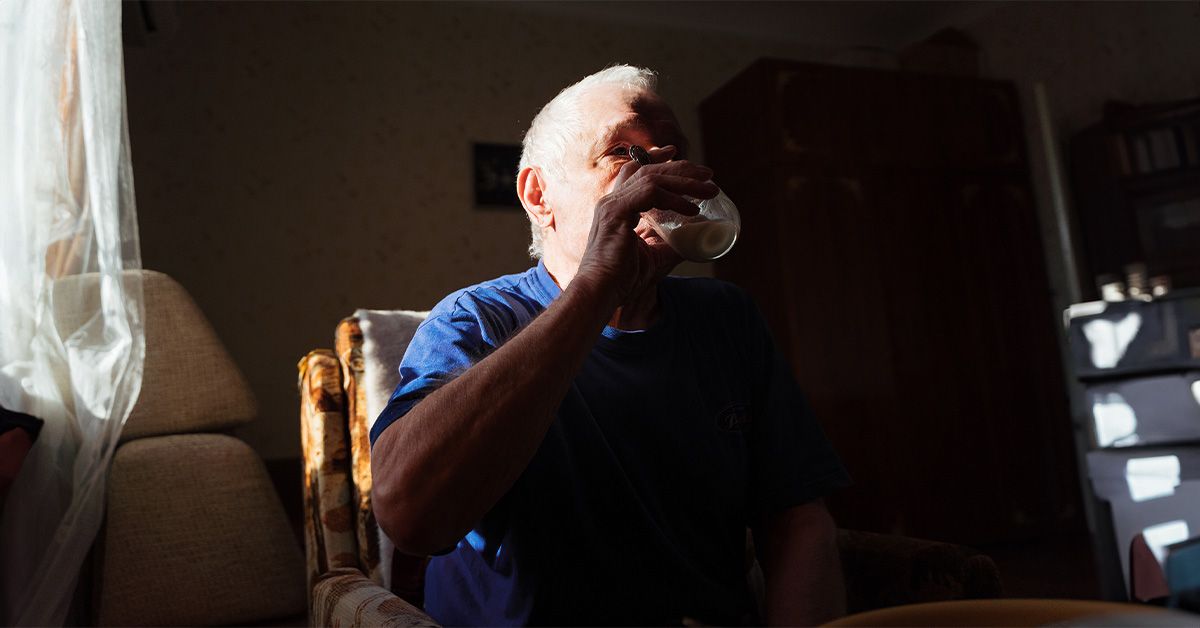Dementia is a serious condition that affects millions of people around the world, with Alzheimer’s disease being the most common type. Early diagnosis is crucial in order to tap into available medications and other options that can help slow down the progression of the disease. However, current methods of detection can be costly, not widely available, or come with certain risks. Researchers from Murdoch University in Western Australia have developed a new screening test called the McCusker Subjective Cognitive Impairment Inventory (McSCI) that allows individuals to self-report their concerns in six different cognitive areas to determine their dementia risk. The test has shown to be highly accurate in identifying those with subjective cognitive decline.
The McSCI screening test is a 46-item questionnaire that focuses on measuring subjective cognitive decline, which is when a person self-reports worsening brain functions such as memory loss and confusion. Previous studies have shown that subjective cognitive decline increases the risk of dementia. The test addresses concerns in six cognitive areas including memory, concentration, and language. Researchers found that the McSCI can identify individuals with above-average levels of subjective cognitive decline with a 99.9% accuracy. The questionnaire should be completed under a clinician’s supervision to ensure accurate results.
Karen D. Sullivan, a board-certified neuropsychologist, highlighted the need for innovative solutions to address the lack of brain health specialists and the growing population at risk for neurodegenerative diseases. She emphasized the importance of standardized, sensitive, and predictive self-reports like the McSCI in the screening process, but also stressed the need to integrate them with reports from individuals who know the person well and can provide observations of cognitive, behavioral, and functional changes. Further validation studies and longitudinal research are needed to track patients over time and correlate McSCI results with objective measures like Alzheimer’s disease biomarkers.
Jasdeep S. Hundal, director of The Center for Memory & Healthy Aging at Hackensack Meridian Jersey Shore University Medical Center, expressed cautious enthusiasm about the McSCI screening test. While recognizing its potential utility in early detection and treatment, he pointed out potential biases in self-reported data and concerns about false positives due to the cut-off score. He suggested that future research should include validation studies with diverse populations and correlations with objective measures such as Alzheimer’s disease biomarkers. Integrating subjective assessments with biological markers could enhance diagnostic accuracy and provide a better understanding of cognitive changes associated with the disease.
In conclusion, early diagnosis of dementia is crucial in order to access available treatments and slow down disease progression. The McSCI screening test developed by researchers from Murdoch University offers a promising tool for identifying individuals at risk for dementia based on self-reported cognitive concerns. While further research and validation studies are needed to fully assess the test’s effectiveness, it represents a step towards improving early detection and treatment of dementia. Collaborative efforts between researchers, clinicians, and healthcare providers will be vital in addressing the growing public health crisis of neurodegenerative diseases worldwide.










